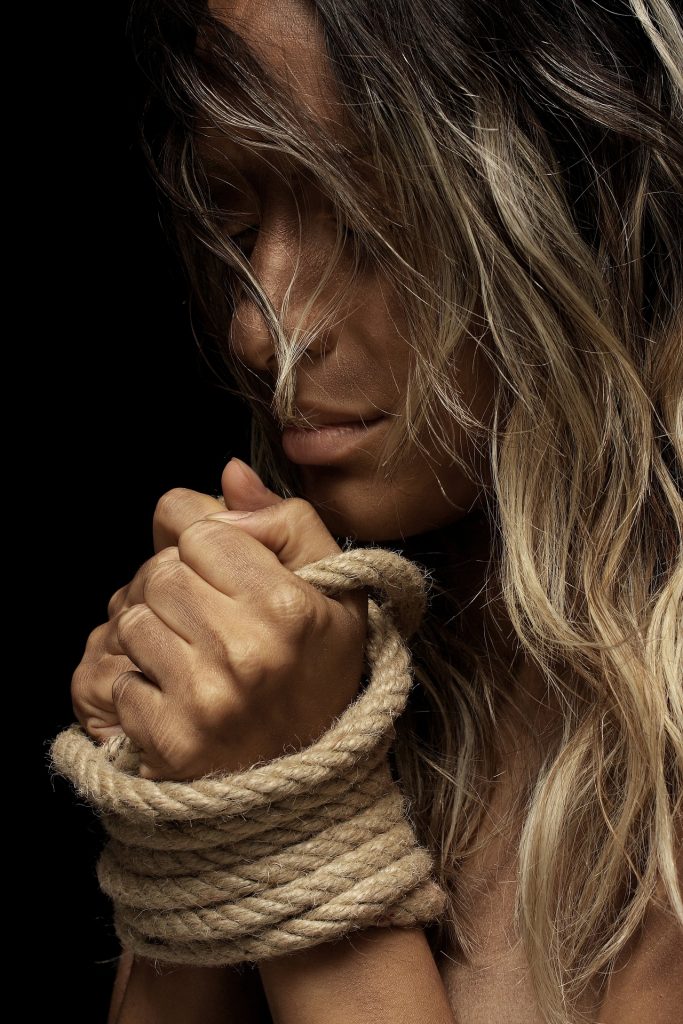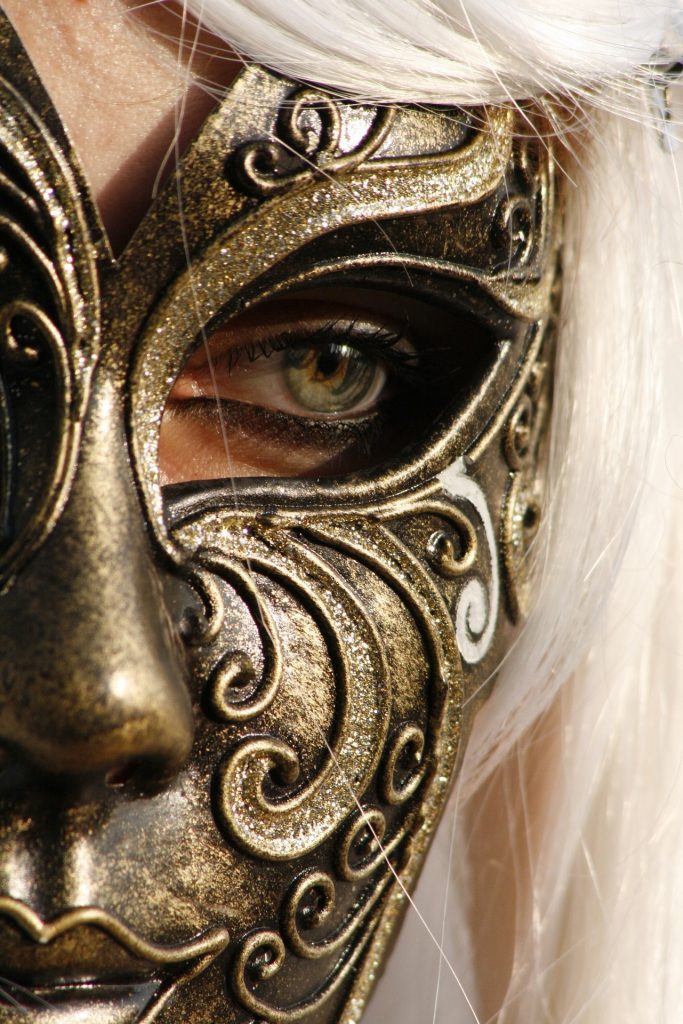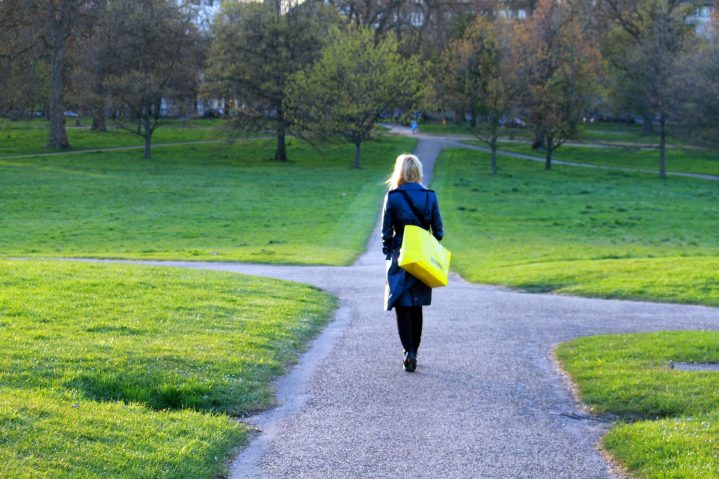I remember the moment I decided that I had to quit drinking – for real this time. My sister had come to the house I was renting and let herself into my bedroom. I had been there for days without communicating, showering, eating much, or going out except to the liquor store. I had been journaling some, trying to figure out what the hell was wrong with me, so by the dates in my notebook, I knew this had been going on for almost a month. That’s hard to believe now. But it was winter, and my work is seasonal, so I didn’t have many daily obligations at the time. Perfect for drinking myself into oblivion.
She came in, started tidying up, and talking to me about how I had to “do something” with myself. I was so ashamed for my sister to see me like this. I knew she was right, but I didn’t know what or how I could change it.
A familiar prison
As I looked around, I realized that my world had become as small as the area around me. Because of my profound need for alcohol, and my belief that I should hide that need from everyone in my life as best I could, my world had shrunk to the size of this room. I was trapped.

At least my prison was familiar, though, so my warped brain reasoned. I had stayed close to comfort and withdrew further and further into it every day.
What started out in my twenties as a way of connecting with people, had become a shameful and regular dependence I now had to hide from them. And the shame of it, the shame of my weakness for it, had reduced my world to this small room; at the point at which my sister entered, it had become as small as my bed. This was a problem, indeed.
But how could I give up the only thing that seemed to help me survive? It didn’t make sense. This substance helped me get through life. And now, I needed it more than ever. How could I just drop it? It didn’t seem possible.
The relationship I had with alcohol had become the most important and dependable of my life.
Our relationship with alcohol is, for some of us, more important and predictable than any other relationship we’ve ever had – especially with human beings. How is that? And what’s wrong with me that it was true?
What I’ve come to discover is that there isn’t anything fundamentally wrong with me. Alcohol became so important because somewhere in my very early years, I didn’t get the security I needed. It was no one’s fault, it just happened that way. And so my little girl brain developed patterns, beliefs, and behaviors to try to compensate –to get needs met, and not feel pain.
I became other-centered, as many alcoholics do.
My brain, at that early stage of development, told me that there must be something wrong with me, because some emotional needs were going unmet. So I learned how to please. That led to the belief that I wasn’t worthy of real love and attention unless I behaved in certain ways, and so I started behaving in the ways that I perceived others wanted.
A voice developed inside me making sure I “did this” or “didn’t do that”; “should” and “shouldn’t”. The problem is that that critical voice changed its instruction with every relationship or person I met, so eventually I was trying to jump through all kinds of hoops, changing myself to suit the situation. With every year of life, I lost more and more of my true self, until I didn’t feel I had an authentic self.
Who would want to have a relationship with a fraud?
No one wants to have a relationship with a fraud, so how does she come clean? She doesn’t. She just keeps pretending, covering up, and pleasing; fearful of being found out, dishonest and manipulative to keep the whole necessary charade going. It’s exhausting and stressful. It’s a terrible way to live.

Who was I? No one knew, not even me; especially me.
Then alcohol came along and seemed to “fix” everything. It changed my state of mind, numbed the pain, guilt, and shame — filled the void and offered the delusion of connection, while providing the illusion of confidence and strength I was lacking. It was perfect! Alcohol propped me up and saw me through.
It was security, familiarity, and I attached to it for connection. We need it. We need other people, of course, but they aren’t nearly as predictable as alcohol, now are they?
Alcohol is predictable compared to people.
People may reject us. Perhaps our experiences have shown that people have indeed rejected us. They may judge us, find us unworthy, and abandon us. They may become angry because we can’t stop drinking and threaten us or give us an ultimatum.
And that’s really a terribly uncomfortable place to be – talk about a rock and a hard place. To have to choose, on the one hand, an unpredictable relationship with people; or on the other hand, a substance that seems reliable. That’s too hard a decision for us to make sometimes. The challenge is to find enough of an inner self and courage to pull it off.
I had to face that challenge, and at the worst possible time in my life. My husband of 23 years, and with whom I’d had three children said, “enough”. I will never forget how that felt. I’m balling my eyes out right this minute writing these words. It was July 13, 2012.
Yet, I chose alcohol.
It looked so awful of me on the outside, I know it did, and it felt awful on the inside. That decision brought on much negative judgment. Friends and relatives said “how could she do that?” And I really don’t know how I could have. At the time, I figured I was just a really terrible wife and mother and an “addict”; and we do things we don’t understand, and can’t explain.

It was an excruciating decision to make. So painful to give them up on the one hand, yet too difficult at the time to accept the unknown, the unfamiliar; to live life without the emotional security I had come to know.
I relied on alcohol, and in my warped weird way, I knew that when I was sad and alone, feeling dejected and judged, I could go to it, and it would comfort me. How could I handle all of this messy life I’d created without it? I couldn’t then. I just couldn’t. Not then.
And so, for a while, I didn’t. But when my sister found me in the state she did – at just that moment — the pain of the life I was living was greater than the fear of the unknown, the unfamiliar. I had to take the leap of faith. I had to.
The cost of a different life was the old one. And some are worth giving up. The price I had to pay was to give up that tiny, familiar and comfortable prison. I’m so so glad I did, but at the time, it was the hardest thing I’d ever done; bar none.

Recent Comments